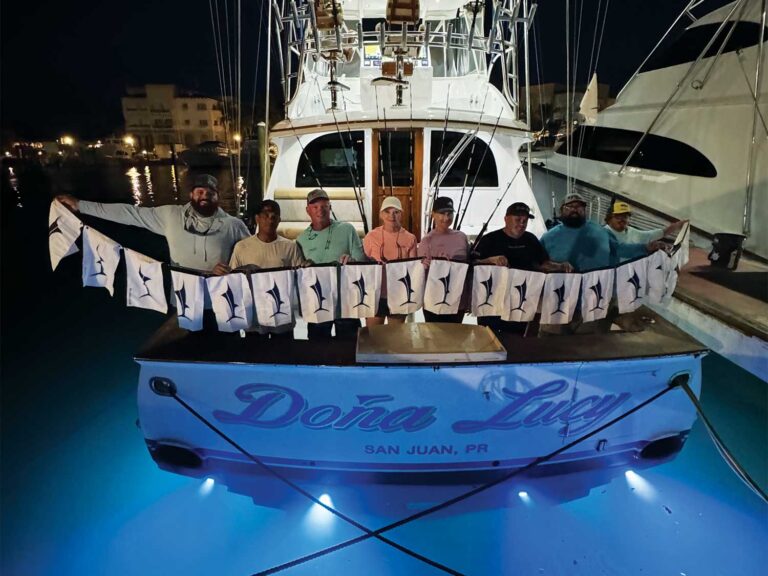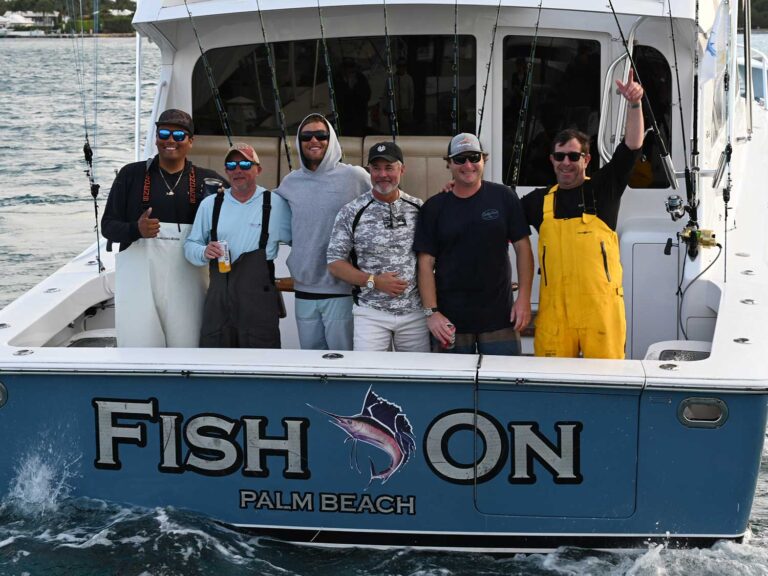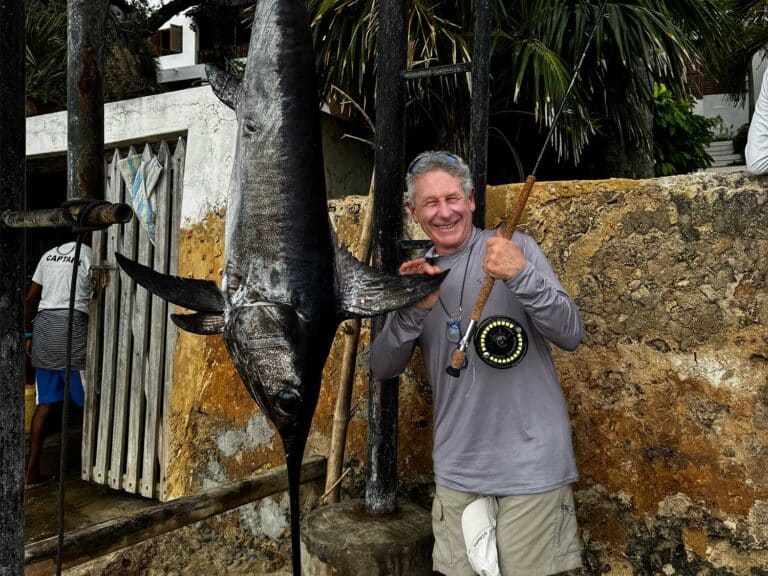
Special delivery: Sign up for the free Marlin email newsletter. Subscribe to Marlin magazine and get a year of highly collectible, keepsake editions – plus access to the digital edition and archives.
There are many boatbuilders of all types around the world, but buyers don’t always have the luxury of building a boat in their home country. It becomes even more imperative to understand the terms of a construction contract when building a vessel in another country. Certain points of negotiation take on further importance for buyers contracting with foreign builders and dealers.
Protecting Your Interest
Buyers should always perform their due diligence on a builder to ensure they are comfortable with its overall business operations and financial solvency. However, even when dealing with the most reputable builders, it remains important for buyers to protect their interest in a vessel to the extent possible to ensure a creditor or bankruptcy trustee is unable to claim an interest in that property in the event the builder becomes insolvent. The method in which a buyer’s security interest is protected depends on the rules of the relevant jurisdiction.
We operate under the Uniform Commercial Code in the United States. Under such a system, a builder typically grants a security interest to the buyer in the body of the contract, and the buyer’s interest is perfected by filing a UCC financing statement in the relevant jurisdiction. Protection under the UCC is typically not available when a vessel is built in another country, so the buyer should be familiar with his options. For example, a refund guarantee is the most commonly used instrument for risk management and to provide security to the parties in most European and Asian countries. Generally, refund guarantees are issued by a bank in exchange for a fee, and they guarantee, or secure repayment of, all or a portion of the contract installments in the event of the builder’s default. Refund guarantees and other forms of security may not be available in all scenarios when dealing with foreign builders, or they may be cost-prohibitive to some buyers, but we always recommend our clients mitigate their risk to the greatest extent possible.
The delivery location is an integral part of a new-construction contract, especially when building a boat in a foreign country. Buyers need to limit risk by negotiating the location and timing of closing. Oftentimes foreign-built vessels are completed on a builder’s premises and then shipped to another location for final commissioning before delivery to the buyer. For example, I have had many American clients build boats in other countries, including Taiwan, South Africa, Australia and China, and in most cases, those boats are transported to another port in the United States for final commissioning and testing of all systems before the buyer takes possession of the vessel.
Draft Contracts and Payments Prior to Delivery
Foreign builders and dealers often provide draft contracts that require payment in full before the vessel’s transport to the commissioning and delivery location. Ideally, the builder retains ownership until final delivery and there is at least 5 to 10 percent of the purchase price remaining to be paid when the buyer accepts the vessel after commissioning. This prevents the risk of loss transferring to the buyer before completion of the boat and also provides more leverage over the builder and dealer to ensure the boat is performing per the agreed-upon specifications before final payment.
Read Next: Learn more about the Bermuda Triple Crown and other Marlin Tournaments.
Taxes and Duty
Buyers must also be familiar with the tax regulations of the jurisdiction in which they take delivery of a vessel. Ideally, a buyer is familiar with the relevant rules before finalizing a contract, and the exact delivery location is identified in the signed agreement. For example, a buyer who is taking delivery of a vessel in Europe should be familiar with the relevant value-added tax regulations, while buyers in the United States must consider not only US Customs’ duty, but also the relevant sales and use tax of the state in which delivery occurs. The rules may dictate whether a buyer is required to do an offshore closing or move the boat to an entirely different jurisdiction to avoid a specific tax. Either way, it is an important consideration when entering into a construction contract with a foreign builder.
The negotiation of a contract is always a game of give-and-take, and buyers must determine what terms are most important to them early in the process. Certain parts of the agreement take on added importance when a project is in another country, and buyers must be aware of potential pitfalls to ensure they are protected from the start of construction until final delivery.
Raleigh P. Watson is a contributing author, and a Partner at Miller Watson Maritime Attorneys.







